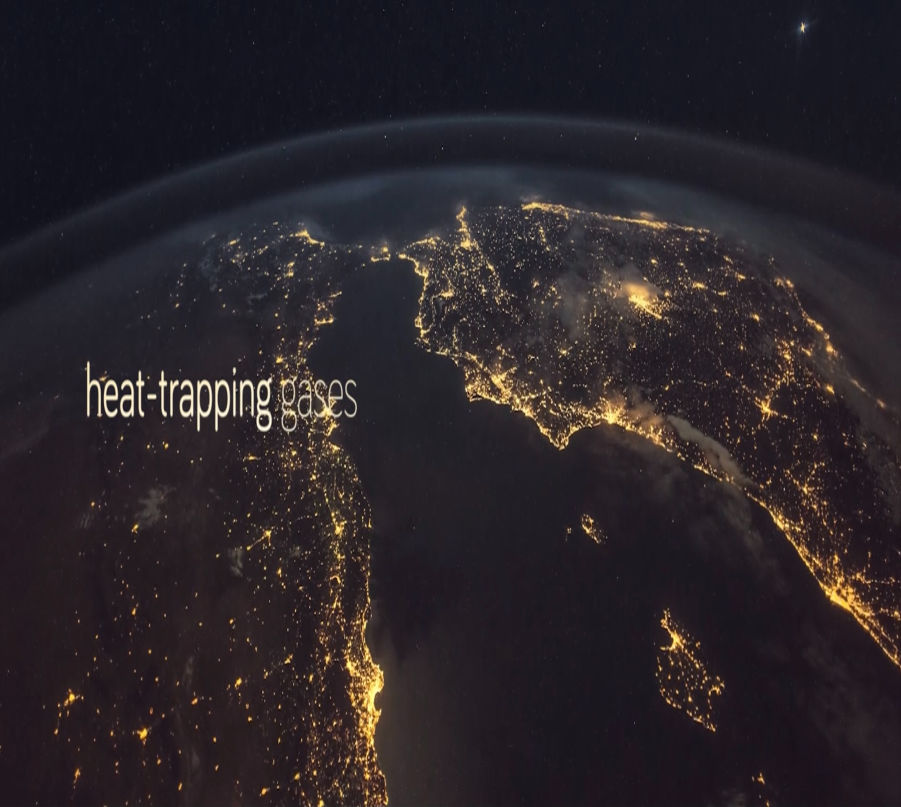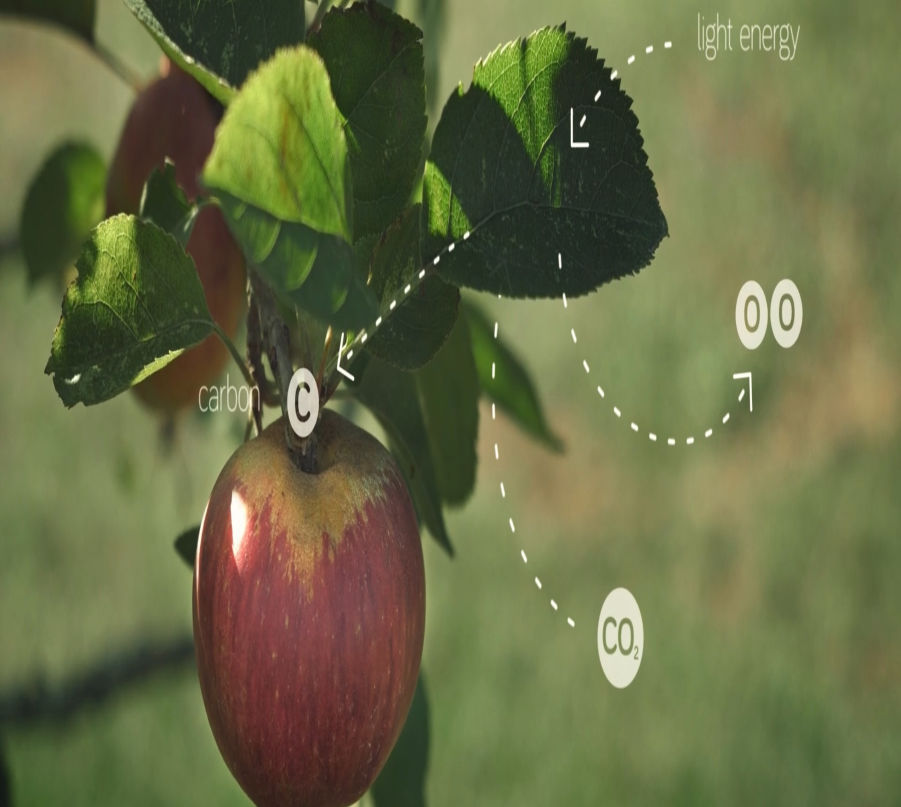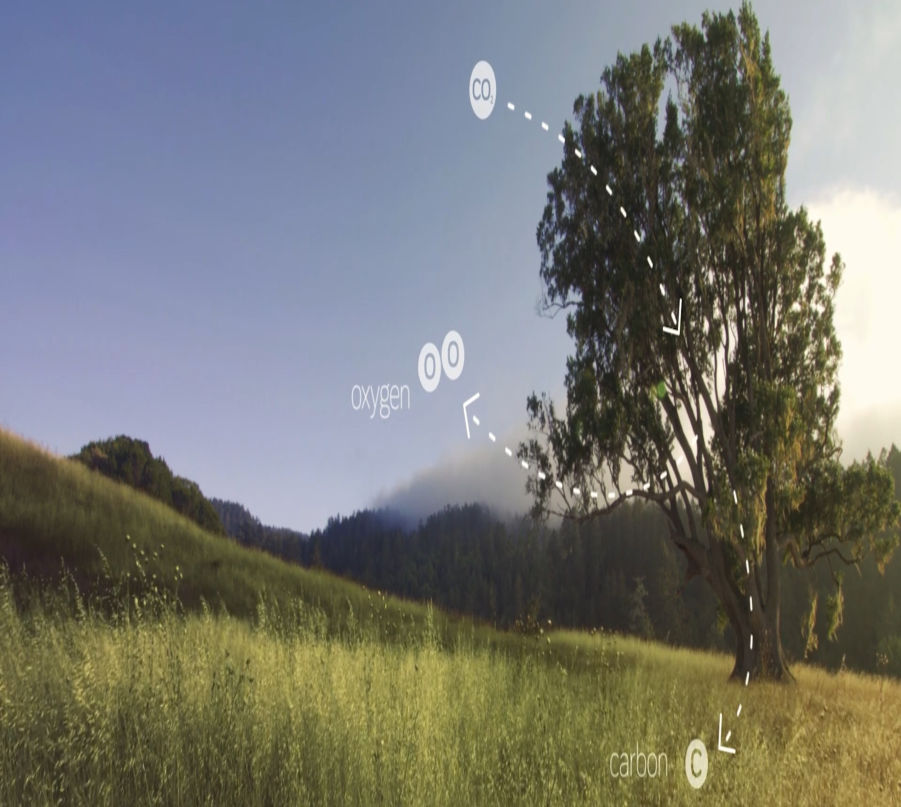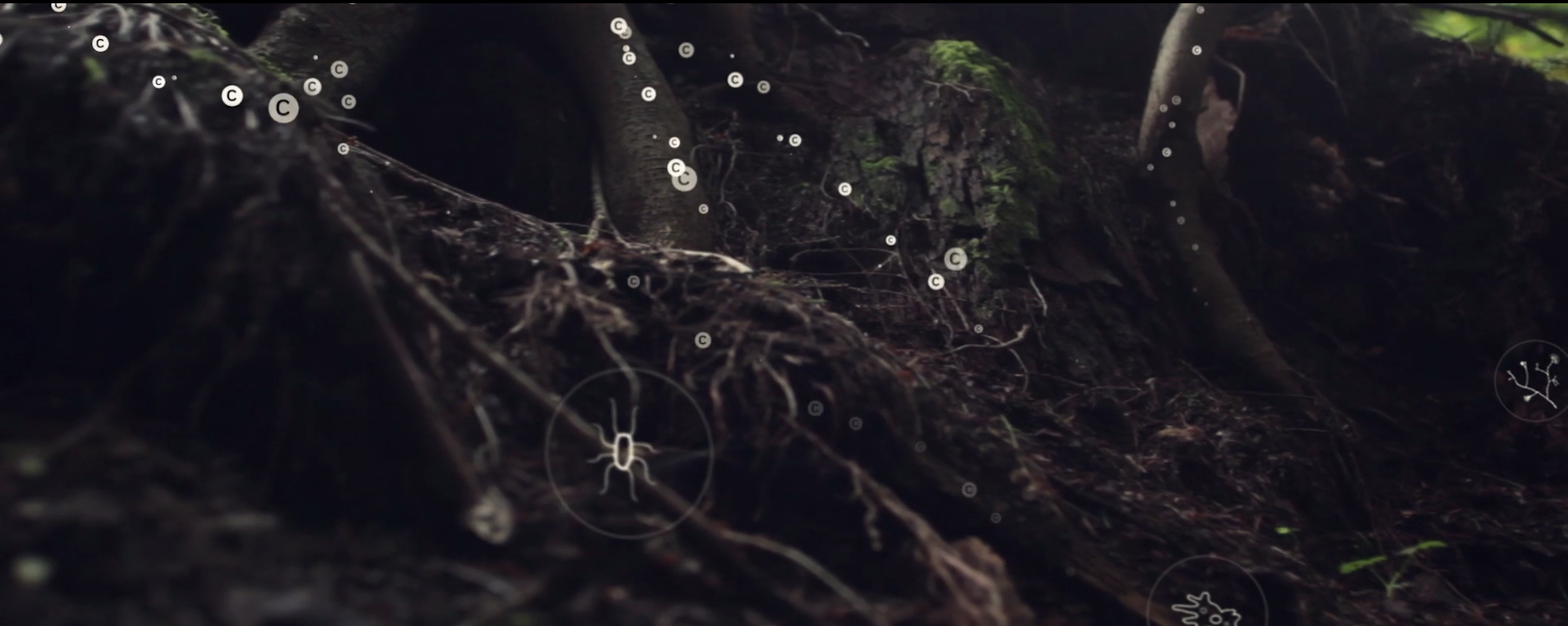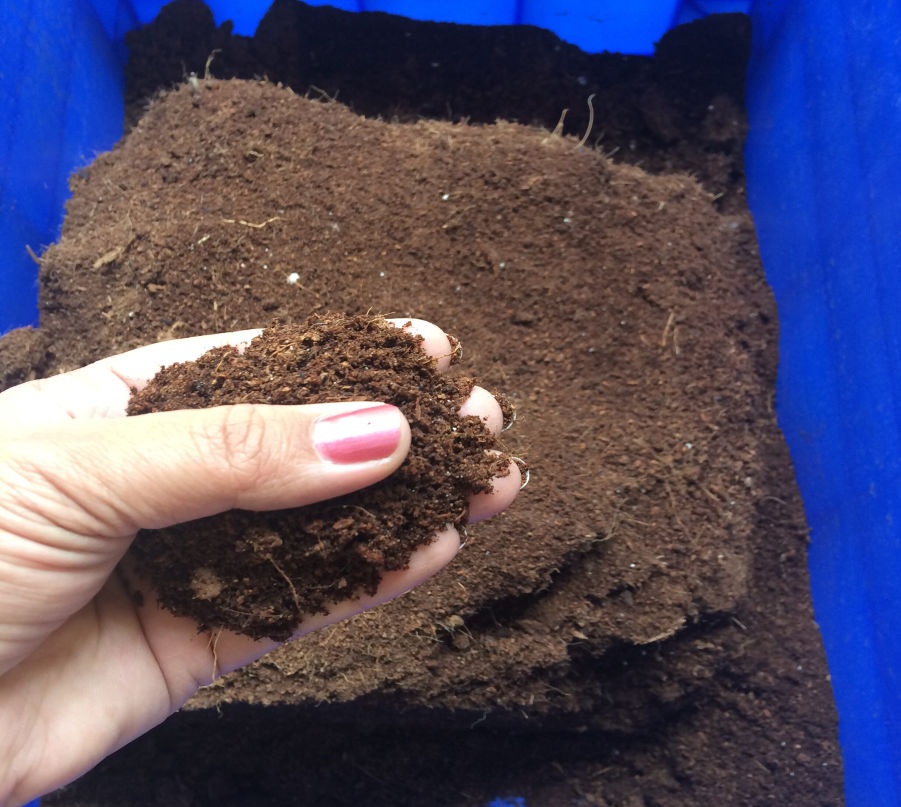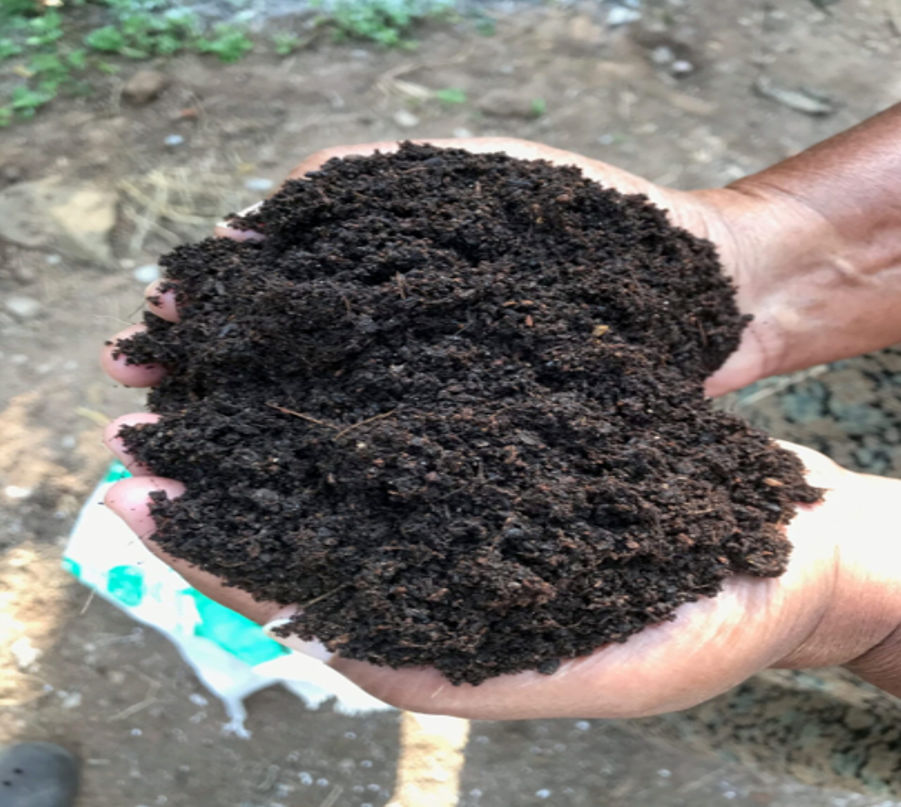
Did You Know?
Soil is a living miracle. In one handful of soil there are more organisms than there are humans on earth and we are only beginning to understand the vast network of organisms right beneath our feet. We rely on healthy soil for 95% of what we eat, yet we take it granted. Thousand of years of ploughing, deforestation and erosion reduced the carbon content in soil.
Impact of Soil Carbon Depletion
When soil is damaged it releases carbon dioxide into the atmosphere and this has serious consequences for climate, too much carbon in the atmosphere causes the earth to overheat and excess carbon also causes oceans to acidify there by threatening marine life.
In fact many of the world’s cultivated soil have lost more than 50% of original soil carbon.
What is the Solution?
Crucial Role of Soil Carbon Enrichment
- Carbon rich soils act like giant sponges, absorbing water during floods
- Provides it to plants in times of drought
- Adding carbon to soil makes the land much more productive
- Embrace the change with organic waste composting
- A key player in cultivating healthy soil and securing our future well being
What is Composting?
Compost is like magic soil food . It is made from leftover kitchen scraps(like fruit peels and coffee grounds etc.), garden waste and other things that can break down. After sometime these things turn into nutrient-rich, dark, crumbly soil that helps plants grow big and strong
Composting is a natural process that transforms organic waste into nutrient-rich soil conditioner.
By decomposing kitchen scraps, yard waste, and other organic materials, compost is created –
a valuable resource for enhancing soil fertility and promoting sustainability
Why Composting?
- Composting converts Organic waste into carbon rich material which when applied to soil increases the beneficial microbial population in the soil
- These beneficial micro-organisms help in sequestration of carbon-di-oxide from the atmosphere
- And store in the soil in the form of complex carbon compounds
Advantages of Composting
- Promotes sustainable gardening
- Reduces the need for chemical fertilizers
- Soil nutrient recycling, disease suppression and soil structure enhancement
Embrace the change of Organic Waste Composting with Orbin™ Eco-OWC
